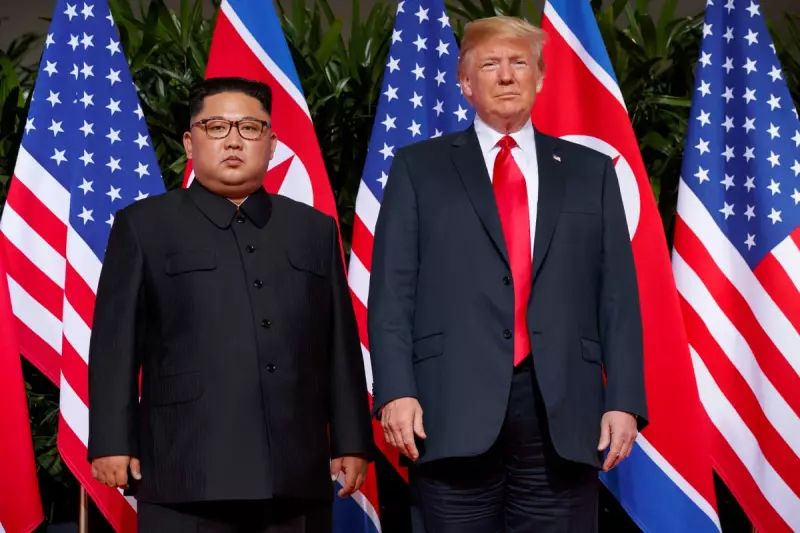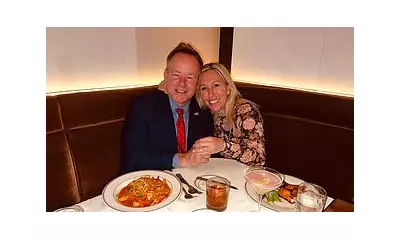
In a move that could reshape international diplomacy, former US President Donald Trump is reportedly considering a dramatic return to the world stage with a potential meeting with North Korean leader Kim Jong Un.
The proposed encounter, which would mark Trump's first major foray into foreign affairs since leaving office, has sent shockwaves through political circles on both sides of the Atlantic.
A Controversial Comeback
Sources close to the matter suggest that Trump's team has been quietly exploring the possibility of arranging what would be their third face-to-face meeting. The two leaders previously met in Singapore in 2018 and Hanoi in 2019, though those summits yielded limited concrete results in denuclearisation efforts.
"This isn't just about diplomacy—it's about legacy-building," noted one political analyst. "Trump appears determined to maintain his reputation as a leader willing to engage with controversial figures directly."
Mixed Reactions from Allies
The potential meeting has drawn concern from some Western allies who question the timing and purpose of such a high-profile engagement. With Trump positioning himself for a potential 2024 presidential run, critics argue this could be more about political theatre than substantive diplomacy.
Key concerns include:
- The message it sends about US foreign policy consistency
- Potential undermining of current administration efforts
- Questions about what concessions might be discussed
- The impact on regional stability in Asia
What's at Stake for Both Leaders
For Kim Jong Un, another meeting with a former—and potentially future—US president offers continued international recognition and a chance to negotiate from a position of strength. For Trump, it represents an opportunity to demonstrate his unique approach to international relations remains relevant.
The development comes amid ongoing tensions in the Korean peninsula and raises important questions about the role of former leaders in active diplomacy.





